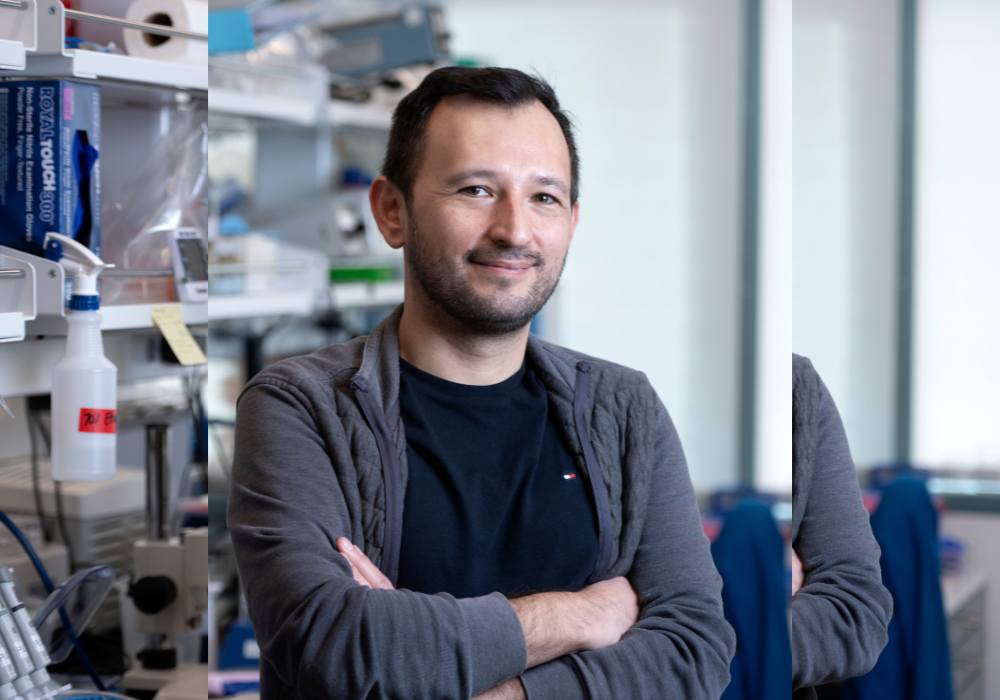
Cancer is one of the world’s most pressing health challenges, and despite decades of progress, many treatments still come with harsh side effects that can harm healthy cells along with tumors. A major reason for this is that current drugs often target the basic process of cell division in a way that doesn’t distinguish between cancerous and normal cells. Finding a way to halt cancer cells without causing such widespread collateral damage could transform how we fight the disease.
At the Charlie Dunlop School of Biological Sciences, the Lara-Gonzalez lab, led by Assistant Professor Pablo Lara-Gonzalez, has taken a bold step toward this goal. With support from a Faculty Seed Grant from the UC Cancer Research Coordinating Committee, the lab is investigating a new player in the cancer cell division field: a protein called cyclin B3. Early results from the lab suggest that cyclin B3 could be a promising new target for cancer treatment — one that allows scientists to strike at cancer while sparing healthy tissue. The project will explore exactly how cyclin B3 functions in cancer cells, which types of cancer depend most on it, and whether blocking cyclin B3 can work on its own or alongside other therapies. If successful, this research could pave the way for a new generation of cancer drugs that are more effective and far less toxic than many of today’s treatments.
Every advance like this begins with the kind of funded research that fuels curiosity, innovation and hope. By supporting scientists who push the boundaries of knowledge, we bring the world closer to safer, smarter treatments that can save lives and improve health for countless people.
